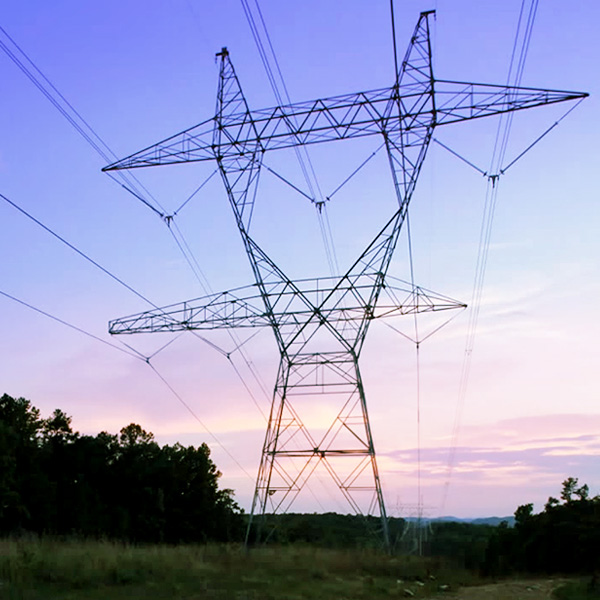The Massachusetts Clean Energy Center (MassCEC) has allocated $2 million for project proposals that expand access to electric bikes in overburdened and underserved communities and incentivize the electrification of ridesharing vehicles.
“What we know we need to do is provide electrified solutions to people unlikely to access an [electric vehicle] on their own, or public transportation,” Steve Pike, CEO of MassCEC, told NetZero Insider.
MassCEC chose to highlight e-bike and ridesharing as potential solutions after consulting with stakeholders, such as community groups, MassTransit and ridesharing companies, Pike said.
The new Accelerating Clean Transportation for All (ACT4All) program will also support pilot projects that develop innovative models for high-mileage EV fleets and make buying EVs as easy and affordable as possible.
Each proposal must identify and boost clean technologies that have a high potential to benefit environmental justice, low- to medium-income and rural communities without adequate access to public transportation.
MassCEC is looking for applications from technology providers, transit authority partners, community organizations and municipal organizations, among others.
“Part of what we’re trying to do here is provide an opportunity for market actors to test out market solutions,” Pike said, adding that the end goal is to work out the kinks in their approaches before scaling up.
The funding gives technology companies a jumpstart on completing the research and development phase and the opportunity to reinvigorate their focus on broad access to their solutions when creating their economic model, Pike said.
While e-bike sales have surged over the course of the pandemic, investigations into the safety of this mode of transport have suggested caution. A study published in December in the journal Injury Prevention found that compared to standard bike ride accidents, e-bike injuries were more severe and likely to require hospitalization. Most of the injuries documented involved riders under 18.
E-bike speed likely played a role in the severity of the injuries, and regulations about which bikes are allowed on bike paths, trails and roads vary by municipality.
“We are not oblivious to road safety and the potential implications of e-bikes,” Pike said. When the technologies are ready to scale up, MassCEC will partner with state and municipal agencies that specialize in road safety. In the meantime, the new program may “surface additional challenges that haven’t been thought of yet,” giving MassCEC and the technology companies a chance to address them before the e-bikes are available to the public, Pike said.
Gov. Charlie Baker recently filed legislation that would allow Massachusetts to collect comprehensive ridesharing data on how the app services are being used, such as for work commutes or shopping, and which demographics are using them. The state would use the information in public transportation planning, managing traffic congestion and tracking vehicle emissions, according to the bill (S.2436).
MassCEC will be looking for similar data from e-bike project proposals to ensure programs would serve communities heavily impacted by pollution, Pike said.
“There is a need for us, as those implementing policy, to tackle these energy and climate problems across this resident and user base,” he said. The goal of the program is to reach residents and commuters without proximity or financial access to clean transportation, he added.
Applications for the ACT4All program are due Sept. 7.



